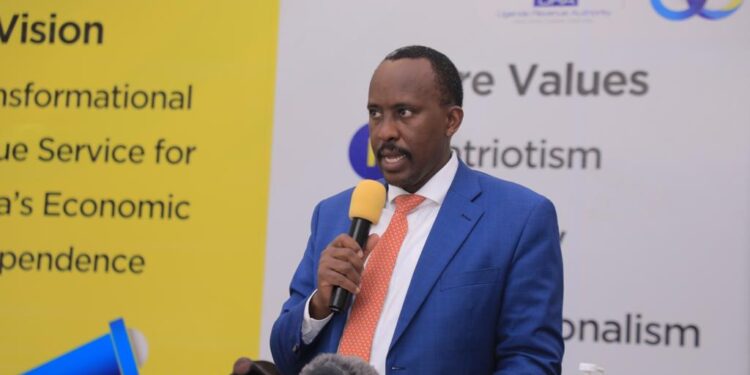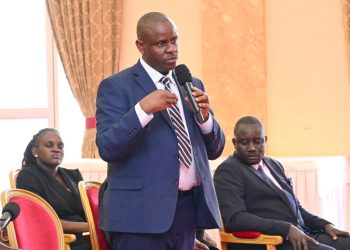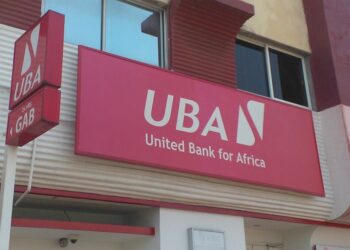The Uganda Revenue Authority (URA) has issued a directive compelling all commercial building owners to adopt e-receipt payment systems for rent.
This move is aimed at addressing revenue losses stemming from tax evasion in the rental income sector.
Landlords across the country now have an opportunity to rectify their tax compliance status.
They can take advantage of a recent amendment that forgives outstanding interest and penalties as of June 30, 2023. This amendment allows them to pay only the principal tax.
During a meeting with commercial building owners in Kampala, John Musinguzi, the Commissioner General of URA, stressed the importance of improving revenue collection and closing tax evasion loopholes.
While this amendment applies to all taxpayers, it holds particular significance for landlords.
A significant number of property owners are not tax compliant, and this amendment provides them with a chance to reset their tax obligations without incurring penalties.
Musinguzi elaborated on the amendment, explaining that it offers relief to taxpayers burdened with substantial arrears.
He emphasized, “You can pay the principal tax, and this opportunity is available until December 30, so let’s all take advantage of it.”
Musinguzi noted that despite being one of the lowest-performing tax categories, collections from rental income tax have increased by over 60% in the past three years.
Contributions from this tax category reached Ugx 215 billion in the last fiscal year, accounting for 0.8% of the total tax collected.
Musinguzi believes that the sector has the potential to contribute at least 4%.
He encouraged landlords to voluntarily comply with tax regulations and assured them of URA’s support throughout the process.
During the meeting, property owners raised concerns about ledger reconciliation issues and the complexity of tax ledgers.
They also highlighted outdated information on URA’s communication channels that does not align with current laws, and a lack of clarity regarding the distinction between rental tax and property tax.
Musinguzi acknowledged the challenges faced by landlords and emphasized that the authority has intensified efforts to educate taxpayers on tax matters.
He also addressed the ledger challenges, explaining that a dedicated team has been established to handle ledger reconciliation. Additionally, a new e-tax system is being developed to simplify tax processes for individuals.
This engagement follows a previous meeting with business leaders to discuss measures aimed at improving rental tax collections.
During that meeting, business leaders pledged to provide URA with accurate information regarding the actual rent paid by tenants, which landlords sometimes conceal using fake receipts.


































































